Qatar has become a key bridge in efforts to rescue hostages in Gaza as well as dialogue between the powers involved in the Israel-Hamas war.
Two days after US Secretary of State Antony Blinken's visit to persuade Qatar to support hostage negotiations and prevent the conflict from expanding, Iranian Foreign Minister Hossein Amirabdollahian also arrived in the Gulf kingdom on October 14 and had his first direct contact with Hamas leaders since the armed group attacked Israel on October 7.
Two visits by US and Iranian diplomats , along with a series of phone calls between high-ranking Qatari officials and leaders of many countries around the world regarding the rescue of hostages in the Gaza Strip, have reaffirmed Doha's important negotiating position in many regional security issues.
Doha maintains good relations with both Washington and Tehran. During the 2017-2021 Gulf diplomatic crisis, when Qatar was blockaded by its neighbors, Iran maintained air corridors for the country, preventing Doha from being completely isolated. Qatar is also a key partner of the US in the regional security architecture, with the headquarters of the US Central Command (CENTCOM) located at al-Udeid air base west of Doha.
"Qatar pursues a 360-degree foreign policy," said Bruce Riedel, a Middle East expert and former CIA official. "They maintain even-handed relations and always quietly leave the door open for dialogue with all sides."
Qatar also has a strong voice with Hamas, whose leaders moved their political headquarters from Syria to Doha in 2012. Hamas political leader Ismail Haniyeh and former leader Khaled Mashaal are currently taking refuge in Qatar. The Gulf state also provides hundreds of millions of dollars to the Gaza Strip each year in the name of humanitarian aid and has consistently supported the Palestinian independence movement.
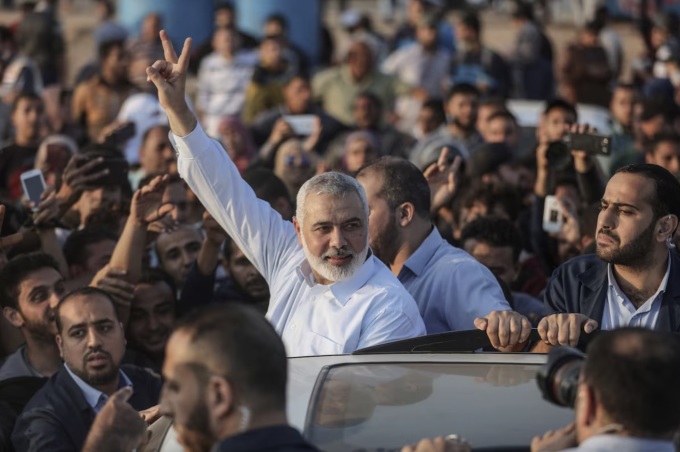
Hamas political leader Ismail Haniyeh visits the Gaza Strip in 2018. Photo: Washington Post
Qatari officials have repeatedly asserted that they do not support or fund Hamas, but that the aid packages are intended for Palestinians in the Gaza Strip.
Doha established political contacts with Hamas at the suggestion of the US in 2006, after the force won against Fatah party in general elections in the Gaza Strip and Washington needed an indirect dialogue channel.
Therefore, when Hamas announced that it was holding more than 220 hostages in the Gaza Strip after the attack on Israel on October 7, the West considered Qatar a key bridge to negotiate with this armed group.
Initial efforts at dialogue have proven effective, with two Americans and two Israelis freed by Hamas. Sources say Doha is trying to persuade Hamas to release 50 more hostages, focusing on dual nationals, the elderly and children.
Israeli National Security Adviser Tzachi Hanegbi praised Qatar as a "vital partner with a vital interest in promoting a humanitarian solution" to the conflict in the Gaza Strip. French President Emmanuel Macron called Qatar a "correct and effective channel of dialogue" in resolving the hostage crisis.
Etienne Dignat, a researcher on hostage negotiations at the École des Sciences in Paris, considers Qatar an expert in international hostage rescue agreements.
A typical example is the trilateral agreement between the US, Iran and South Korea in September, with Qatar as the mediator. Under this deal, Iran agreed to release five US citizens serving prison sentences on security charges, in return for Washington pledging not to impose financial sanctions on Seoul if it unfreezed $6 billion in Iranian assets and transferred them to banks in Switzerland and Doha.
Many other major countries in and outside the region also maintain communication channels with Hamas. Egypt is the traditional intermediary between Israel and the organization that controls the Gaza Strip, while Türkiye always wants to assert its leading position in the Arab world. Hamas also admits that it has contacts with Moscow and has sent representatives to Russia to meet with Deputy Foreign Minister Mikhail Bogdanov.
In the current context, Qatar is still considered the most prestigious bridge because they understand Hamas well and have the advantage of financial support for the Gaza Strip, according to Hasni Abidi, director of the Center for Arab and Mediterranean Studies (CERMAM) in Switzerland.
Dignat said Doha also has experience in shuttle diplomacy between the West and Islamic armed groups, including efforts to negotiate with the Taliban during the phase of the US-led coalition gradually withdrawing from Afghanistan.
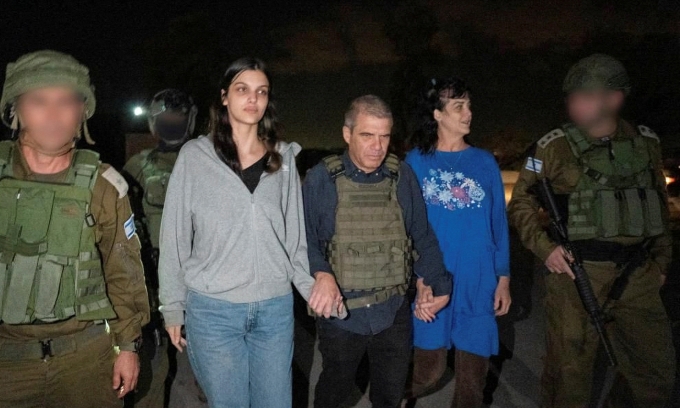
Hostage victims Judith Tai Raanan and Natalie Shoshana Raanan are led away by Israeli General Gal Hirsch (center) on October 20, after being released by Hamas. Photo: Reuters
In the long term, it will be difficult for Qatar to maintain its "monopoly" in hostage negotiations in the Gaza Strip and communication with Hamas, when many Middle Eastern countries are also trying to play a bigger role in resolving the hostage crisis.
Turkish Foreign Minister Hakan Fidan said last week that Ankara had received requests from several countries asking them to support negotiations with Hamas. President Recep Tayyip Erdogan has also been trying to improve Türkiye-Israel relations in recent months, but has not wanted to push the process forward because he is concerned that failing to build trust from Tel Aviv will upset both the Arab community and Hamas.
Egypt has also demonstrated its ability to negotiate with Hamas, helping Israel rescue soldier Gilad Shalit, who was kidnapped and held hostage by Hamas for five years.
According to expert Hasni Abidi, Egypt and Türkiye have the potential to intervene more deeply in the hostage rescue negotiation efforts when they have established a long-term communication channel with Hamas, thereby convincing Hamas leaders to accept dialogue. With a large number of hostages, the negotiation process will be prolonged and the parties will find it difficult to reach an agreement in one negotiation.
"There will not be a common negotiation for all hostages. Each country whose citizens are held will have to find its own way to negotiate," Hasni Abidi said.
After its initial success, Qatar is under pressure to reassess the risks of maintaining its military partnership with the West while maintaining contact with the Hamas militant group, especially given the large civilian casualties in the October 7 attack.
According to diplomatic officials revealed to the Washington Post, in addition to the topic of hostage rescue negotiations in the Gaza Strip, US Secretary of State Blinken has reached an agreement asking Qatar to review its relationship with Hamas once the hostage crisis is resolved. This move is part of a strategy to isolate and reduce Hamas's power, preventing the recurrence of large-scale attacks on Israel.
Axios, citing US government sources, revealed that Washington also asked Qatar to "tone down" messages attacking Israel on Al Jazeera, a news channel based in the country. The US is concerned that the Qatari government-funded media outlet will fuel the fire with articles criticizing Israel, fanning public anger in Arab countries and causing conflict to spread in the Middle East.
"The relationship with Hamas has become a double-edged sword, forcing the Qatari government to shape the appropriate message. Although the US is appreciating Qatar's role in the hostage rescue effort, the image of this Gulf country is still negatively affected by Hamas," said Mehran Kamrava, professor of public policy at Georgetown University Qatar.
Thanh Danh (According to Financial Times, Times of Israel, AFP )
Source link



![[Photo] Prime Minister Pham Minh Chinh chairs the first meeting of the Central Steering Committee on housing policy and real estate market](https://vphoto.vietnam.vn/thumb/1200x675/vietnam/resource/IMAGE/2025/9/22/c0f42b88c6284975b4bcfcf5b17656e7)














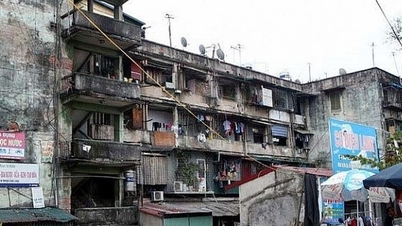


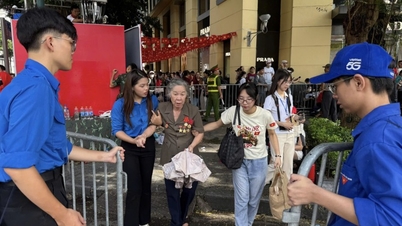














![[Photo] General Secretary To Lam presents the First Class Labor Medal to the Vietnam National Energy and Industry Group](https://vphoto.vietnam.vn/thumb/1200x675/vietnam/resource/IMAGE/2025/9/21/0ad2d50e1c274a55a3736500c5f262e5)




























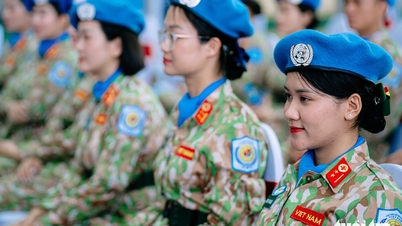






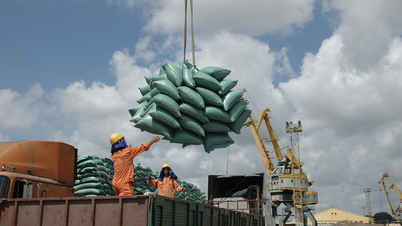




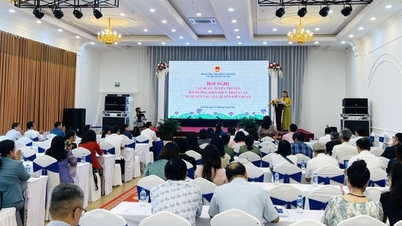
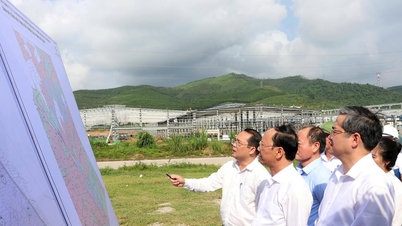







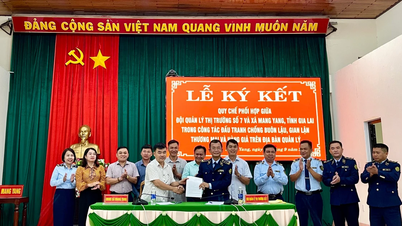
















Comment (0)